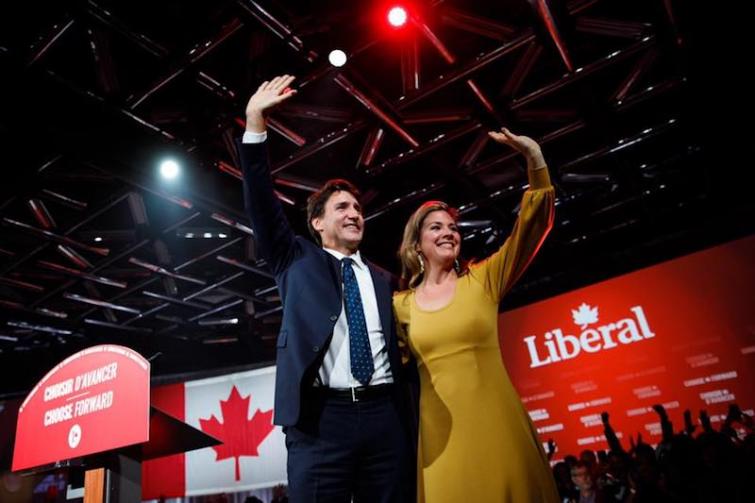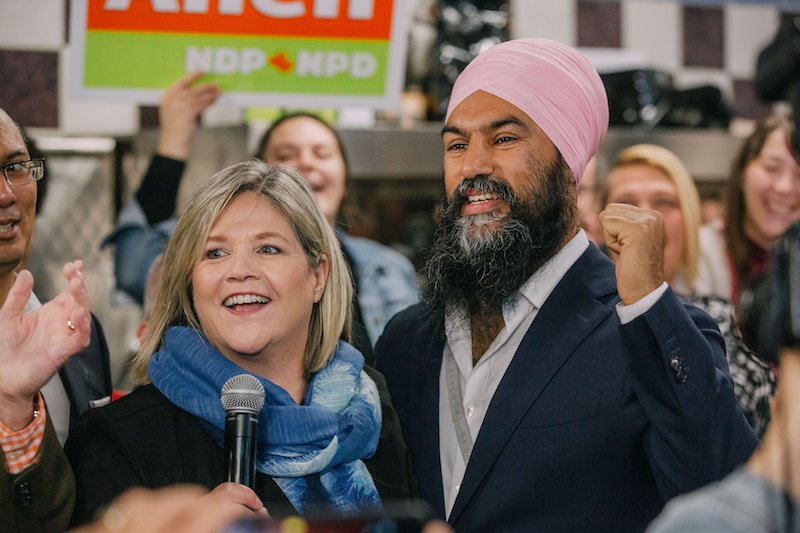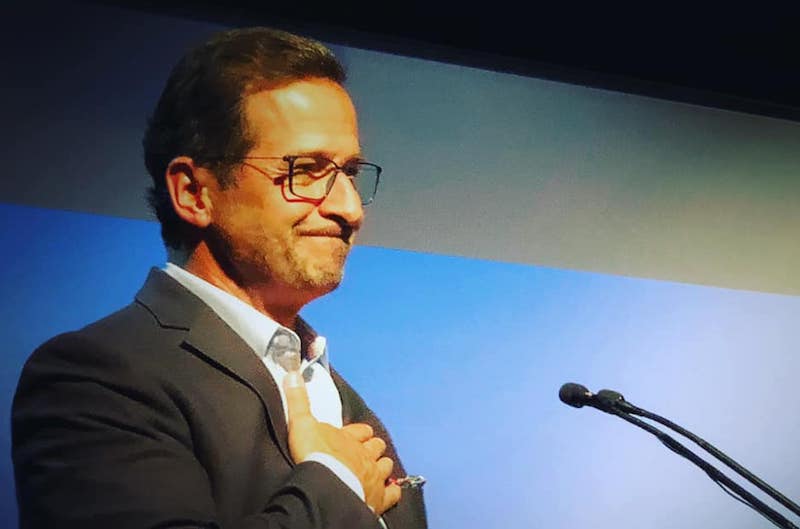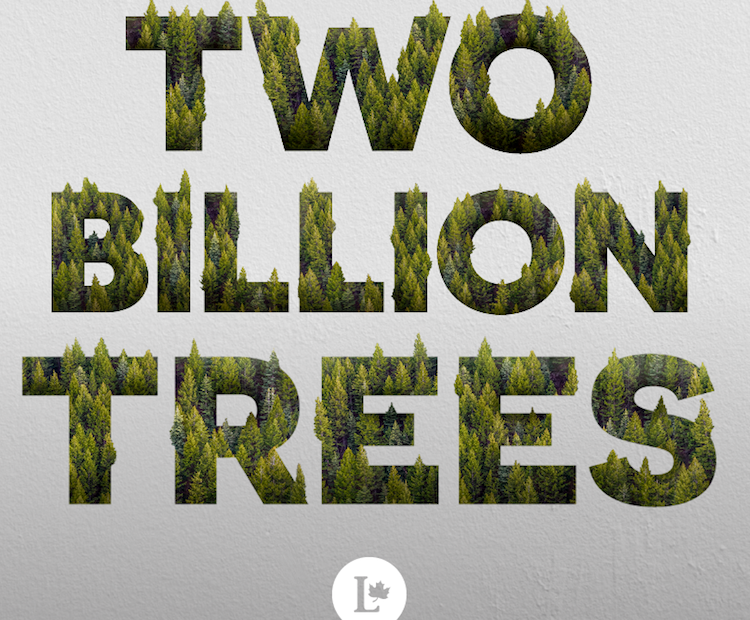
Canada’s 2019 federal election results made Justin Trudeau’s job more complicated
On 21st October 2019, Canada’s 43rd general election concluded and Canadian federal election results have given Canada a Liberal minority government. Prime Minister Justin Trudeau will have to depend upon outside support to function effectively.
.jpg)
Image: Andrew Scheer in campaign mode
The result reflects Canada’s political reality, Canadians went to the polls and elected a minority government. It means common people have the opportunity to hold all parties to account and to assert in driving the change the Canadians want. Despite the fact that Andrew Scheer’s Conservatives won the popular vote (34.4 per cent). The Conservatives won only 121 seats, while the Liberals took almost half the seats with less than a third of the votes (33.06 per cent).
For Andrew Scheer, the campaign was focused on introducing himself to Canadians and concentrating on affordability issues. The flagship Tory policies were a tax cut targeted at the middle-class and a repeal of the federal carbon tax.
Now, National Democratic Party (NDP) leader Jagmeet Singh is expected to hold the balance of power in the government looking into the federal election results. NDP leader Jagmeet Singh urged voters to have the courage to vote for what they believe in.

Image: Jagmeet Singh in campaign mode
Elizabeth May‘s Greens didn’t do well as expected, but the Bloc Quebecois headed by Francois Blanchet got strong support from Quebec.
Maxime Bernier’s People’s Party of Canada didn’t win a single seat including Bernier himself . Whereas, Jody Wilson-Raybould has been re-elected as an Independent candidate in her constituency of Vancouver Granville in the federal election. She was one-time Liberal MP, who served as Justin Trudeau’s attorney general and justice minister before the SNC-Lavalin affair led to her dismissal from the Liberal caucus.

Image: Francois Blanchet
Globally, minority governments have inherent challenges that require dexterous political management. While making important decisions the new government in Canada will have to consider political stances of parties that support it and ensure its survival. Voters want to ensure that issues and concerns that were touched upon by the political party leaders during their campaign must become top priorities for the parties forming the government.
Like any other nations today Canadians are deeply concerned about the climate and environmental crises, which are already affecting the lives of millions of people around the world. The election campaign and election debates often revolved around climate change issues. The Liberals, NDP and Elizabeth May’s Green Party battled to portray themselves as the best option to meet the goals set out in the Paris climate accord. Trudeau's campaign agendas also included the issue on indigenous rights. He promised for the renewed relationship with the indigenous people on a nation-to-nation basis.

Image: A campaign poster of Liberal Party promising planing to two billion trees
He also mentioned during the campaign that national public inquiry will be taken up for finding the missing indigenous women and girls. On the issue of abortion, his party considers this as women’s personal choice and in this aspect his government would not interfere. Political analysts feel that Trudeau’s challenges will begin almost immediately.
The new government will find its feet in the coming weeks, for a better Canada and a better world.
It is expected that India-Canada relationship will move ahead as before under the new government. Canada and India have long-standing bilateral relationships built upon shared traditions of democracy, pluralism, strong interpersonal connections and longstanding people-to-people ties.
Today, Canada has several provincial and federal politicians of Indian origin and from the Indo-Canadian community. Indian immigration to Canada over the last 60 years was a significant factor contributing to the transformative goal of Canadian multiculturalism. Immigration is seen through a positive lens, by supporting diversity as a foundational part of modern Canada. While a lot has been achieved during the last five years, and especially during the Prime Minister’s Justin Trudeau’s India visit last year, a lot remains to be done.
Canada is a preferred destination for Indian communities for immigration due to its safe law and order situation and also its education system. However, lot can be done as still now bilateral trade ties between Canada and India is below the $10 billion mark.
It is time to expand sectors of cooperation that have dominated trade between both the countries and include new areas such as technology transfer in sunrise sectors where Canada can be of a great assistance to India. Additionally, several factors have emerged in recent times that are transforming bilateral relations qualitatively.
These include, the growing number of international students from India enrolled in Canadian universities. The qualified and skilled immigrants from India through the express entry program are reaching Canada. A constructive approach will take the bilateral relations to the level they ought to be and the government of two multi-ethnic, multicultural nation can play the role to put the ties firmly on an upward trajectory.
.jpg)
Justin Trudeau’s Liberals won 155 seats in the House of Commons, falling short of the 170 seats needed for a majority, and will have to work with other parties to achieve their mandate.
In the recent federal election many Canadians voted for the NDP and the Green Party, making a strong case for the Liberals to work jointly with them for creating better Canada with better national pharma care program that ensures people have access to the medications they need, regardless of their income. Voters want the government to keep public services in public hands and ensure fair trade.
Changes must come to improve the status and position of Indigenous peoples, create sustainable job opportunities, improved public health care, and bold effective measures to confront the environmental crises. Canadians were clear in this election that they want the government to act quickly and decisively to bring positive changes in Canadian society and work for better Canada.
(About the writer: Nivedita Das Kundu, Ph.D, is a Strategic and Foreign Policy Analyst and Director, Canada-India Project for Research and Innovation, York Centre for Asian Research, York University, Toronto)
Support Our Journalism
We cannot do without you.. your contribution supports unbiased journalism
IBNS is not driven by any ism- not wokeism, not racism, not skewed secularism, not hyper right-wing or left liberal ideals, nor by any hardline religious beliefs or hyper nationalism. We want to serve you good old objective news, as they are. We do not judge or preach. We let people decide for themselves. We only try to present factual and well-sourced news.







